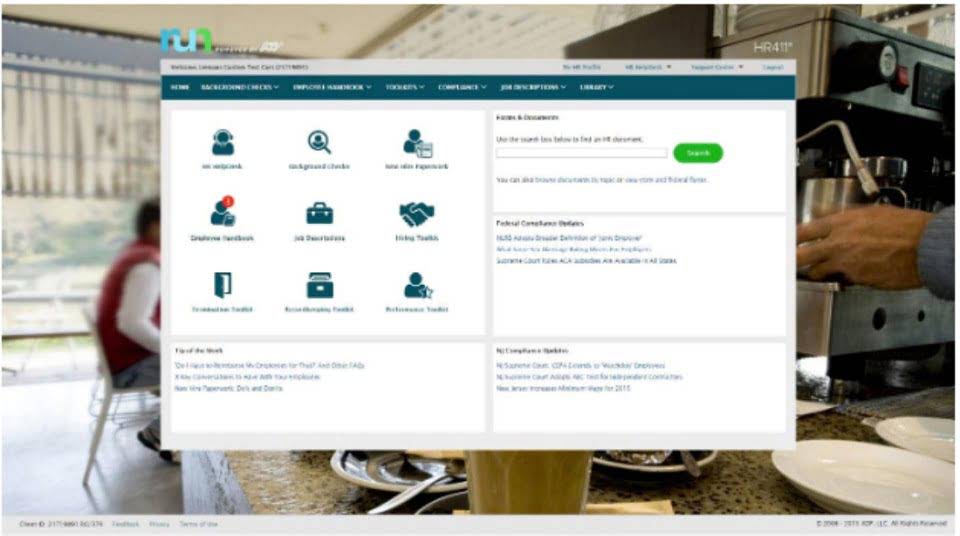
The board includes academics, financial statement users and accounting experts from the public and private sectors. Companies that are publicly traded must also follow guidelines set by the Securities and Exchange Commission. All are required to have knowledge of accounting, finance, and business.
What is sustainability reporting and why is it important?
- Collectively, they work to improve financial reporting within the U.S. while also enabling and educating stakeholders on reading and understanding the accounting standards.
- Governmental entities follow procedures set up by the Governmental Accounting Standards Board (GASB).
- The Financial Accounting Standards Board (FASB) works hard to keep financial reporting clear and consistent.
- The FASB focuses on improving and upkeeping Generally Accepted Accounting Principles (GAAP) in the U.S.
- The Financial Accounting Standards Board (FASB) is a private standard-setting body1 whose primary purpose is to establish and improve Generally Accepted Accounting Principles (GAAP) within the United States in the public’s interest.
The diversity and experience of board members bring balance, ensuring terms end by 2027. The goal is to have FASB standards match international ones, reducing differences in financial Accounting Periods and Methods reports. The FASB is governed by seven full-time board members, who are required to sever their ties to the companies or organizations they work for before joining the board. Board members are appointed by the FAF’s board of trustees for five-year terms and may serve for up to 10 years. International Financial Reporting Standards (IFRS), the accounting standards established by the IASB, are followed by almost 110 countries. The FASB is an active contributor to the development and creation of the IFRS, along with maintaining GAAP, its own accounting standards.
History of the Financial Accounting Standards Board

Comparing financial statements across different companies—even within the same industry—becomes challenging without GAAP. Some companies may use GAAP and non-GAAP measures to report their financial results. GAAP regulations require that non-GAAP measures be identified in financial statements and other public disclosures, such as press releases. It includes research, stakeholder input, public review of drafts, and thorough debate before updating any https://www.bookstime.com/articles/quicken-bookkeeping standards.
- GAAP is meant to ensure consistency, accuracy, and transparency in financial reporting and aims to provide a reliable foundation for investors to make informed decisions.
- Many experts believe fraudulent financial reporting among publicly traded companies aided in the crash.
- Consistent financial reports also help company leaders monitor performance month over month and conduct competitive analyses with other publicly traded organizations.
- Before the FASB was implemented, the Accounting Standards Board was in place – where it laid the groundwork for several other pivotal organizations tied to accounting and reporting standards, such as the GAAP.
- This is done by regularly updating accounting standards to match business changes.
What is GAAP and How is the FASB’s Authority Established?
- The FASB replaced the American Institute of Certified Public Accountants’ (AICPA) Accounting Principles Board (APB) on July 1, 1973.
- While non-publicly traded companies aren’t required to follow GAAP, it is still highly regarded by lenders and creditors.
- As a founder, there are a myriad of positions you’ll be filling until you begin to staff your startup.
- Gain unlimited access to more than 250 productivity Templates, CFI’s full course catalog and accredited Certification Programs, hundreds of resources, expert reviews and support, the chance to work with real-world finance and research tools, and more.
- Accrual accounting records transactions when they are earned rather than when money changes hands.
Discover the new lease accounting standards and gain insights into implementation, examples, and compliance. The FASB’s mission, advertised strongly on its website, is to continuously update and enable accountants to work with better accounting principles. In the 21st century, the FASB is looking into how technology interacts with the field of accounting so it can utilize some of the benefits it may bring to the world of accounting. In order to establish universal accounting standards, the Financial Accounting Standards Board coordinates with the International Accounting Standards Board (IASB), which is responsible for the International Financial Reporting Standards (IFRS).

The Role of FASB in Global Accounting Standards

As we stated previously, having finance reports and accounting practices that follow FASB guidelines is a must regardless of your business’s size, stage, or revenue. The earlier you focus on FASB and GAAP compliance, the easier it will be to scale quickly and secure investors to support your endeavor. When it comes to the SEC vs. FASB, the SEC recognizes the FASB as the authority to establish GAAP. The SEC provides additional rules for publicly-traded companies to what does the fasb do follow, but GAAP is the starting point for accountants developing financial statements. Their goal is to keep accounting standards consistent and tackle new issues effectively. FASB’s standard-setting process is based on careful work, openness, and quick responses crucial for good governance.
- GAAP is used primarily in the United States, while the international financial reporting standards (IFRS) are in wider use internationally.
- The Commission is intended to protect investors, maintain fair and efficient markets, and facilitate capital formation.
- This affects tax revenue at the end of the year, which the IRS monitors.
- Our financial experts will work with you to find the best solution for your bookkeeping and accounting needs.
